Student Blog
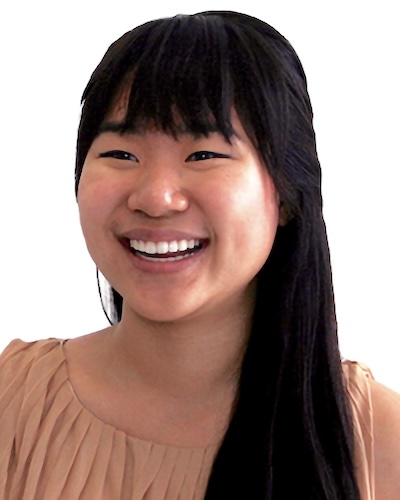
Tips on studying for the GRE ⟩
October 6, 2012, by Alisa
I just took the test on October 5th and survived it! Boy, that was one long test. Some of you are probably wondering why I’m taking the test when I’m already in the OT program, right? Well, I got admitted as an undergrad at USC, so I started the program as a senior. Therefore, I didn’t have to take GRE, but now, since I’m applying for the Doctorate in Occupational Therapy, I have to submit my GRE scores. Walah! To all the undergrads out there, I would suggest taking it as an undergrad. When you’re in grad school already, you’ll be busier and to motivate myself to study was very tough.
Here are some tips for studying for the GRE:
- Get one of the books (I used Kaplan and ETS) and do a self-study.
- Attend one of the free GRE Strategy Sessions offered by Princeton Review. They raffled off vocabulary books and mathematics books! Wee! Free swag.
- Take a free practice test offered through Princeton Review, Kaplan, etc. and use the results as a guide for studying.
- Focus on studying what you’re good and master it.
- Find a study buddy (shoutout to my tutor, a fellow OT student who patiently taught me basic mathematics during lunch and after class!).
- Familiarize yourself with taking a computerized test. There are a total of 6 sections, one of which doesn’t count toward your score, so you should still try your hardest.
- All the prompts for the essays are posted online. It won’t hurt to take a look at them.
On test day:
- If you arrive early, you can take the test early, and get out earlier.
- Bring a jacket because it might be cold.
- You will be given a locker to put your belongings in. You can only bring your ID and the locker key in the testing room.
- There will be one 10-minute break after the 3rd section. Use it. I went to the restroom and ate carrots.
- There is a 1-minute break after every section. Stretch, stand up, breathe deeply, close your eyes, roll your neck or pray.
- Do not panic! If you’ve studied well, you won’t likely be blanking out. If you do, try your best with an educated guess. Remember, there’s no penalty for guessing. Yay!
- Remember that this is only one test. It does not define who you are. You can take it again. I believe that there are many factors that make up your application. Do not let the GRE scores deter you from applying. Regardless of the results, you are still a great person.
- Your estimated scores for the Verbal and Quantitative sections will pop up at the end of the test. You can google “GRE Concordance Scale” if you’re unsure of how the new score is compared to the old score. For the USC OT Program, it is encouraged that you have at least a combined score of 1000 (old scale).
Good luck! You know more than you think you know. 😉
⋯

“That which you call a rose by any other name would smell as sweet” ⟩
October 5, 2012, by Alisa
The week started out pretty interesting as I made my first club presentation! Troy Camp, the oldest and most diverse student organization, puts on many programs for kids in the neighborhoods, including a week-long camp. Before I made my presentation, every member there had to do a roll call. It was interesting to hear everyone’s nick names such as “Maverick,” “Timber,” “Cracker Jack,” and “Chumbawamba.” I was involved in a few organizations when I was an undergrad, but I was never given a nickname. It’s clever that Troy Camp gives every member a nickname. It offers personalization and a sense of belonging in the organization. A few weeks ago when my friends and I celebrated a friend’s birthday at a Thai restaurant, Hae Ha Heng, we decided to give each other pseudonyms. My friends thought I look like a “Rose,” which I didn’t object to. A lot of my clothes have flowers in them, my flip flops have floral embellishments, and I wear flowers in my hair sometimes. It’s quite fitting, isn’t it? I actually have a nickname that was given to me by my mom. In the Thai culture, everyone that I know of has a nickname that is given by the parents. Nicknames can range from names of foods, colors, body parts, etc. My mom gave me the nickname “Joy,” but since no one really called me that, my younger cousin adopted that name, so my identity was stolen. Not really. Thai people just call me “Sa,” shortened from my full name “Alisa,” which can also be a Thai name! My mom is so witty when she named me. While she was shopping for her wedding dress, she came across this amazing dress that was worn by Alisa, a famous Thai actress-model, who had just worn the dress on the runway, featuring wedding gowns. So, readers, how about your names? Have you ever asked how your name came to be? Let’s hear it.
⋯
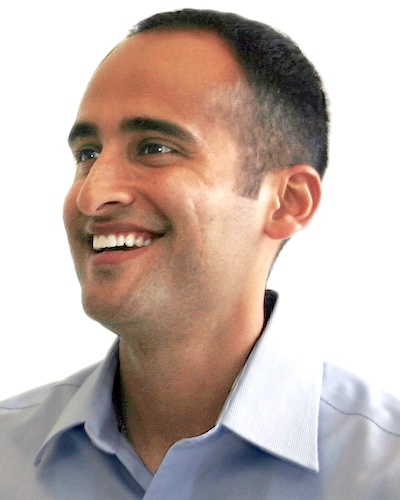
What’s OT? ⟩
October 4, 2012, by Ricky
Let’s face it. Occupational Therapy can be challenging to define. OT does so much for so many people, and it’s tough to describe it all in just a few words. Although it retains some key elements, my definition seems to be influenced almost every time I hear a fresh rendition (and that happens quite often). It’s almost like an unfinished work art . . . well not really; maybe I’m just a perfectionist, hehe. Anyhow, since I do hear some really good ones quite often, I have decided that I will be sharing them with ya’ll, going forward. Here’s the standard, to get us started.
In its simplest terms, occupational therapists and occupational therapy assistants help people across the lifespan participate in the things they want and need to do through the therapeutic use of everyday activities (occupations) — aota.org/consumers.aspx
Occupational Therapy is a health care profession aimed at improving performance, preventing illness and disability, and promoting adaptation to life changes — chan.usc.edu/about-us/occupational-therapy
⋯
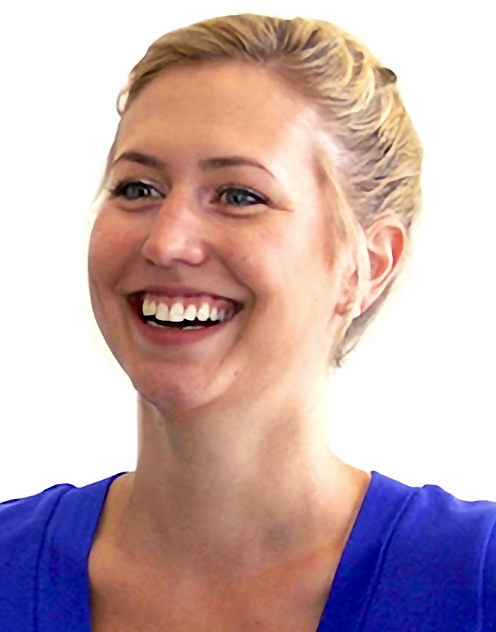
OTs go to war ⟩
October 3, 2012, by Kendra
I’ve been thinking about the roots of occupational therapy lately. In my last post I talked about the Mental Hygiene movement and how OTs helped people with mental illness. Another area of practice critical to our development as a field was helping wound warriors and returning vets get back to life after WWII.
In WWII huge advances were made in rehabilitative care, mainly due to the fact that the nation was not prepared to treat all of the wounded veterans and people had to quickly and creatively develop methods to help our soldiers find jobs and assimilate back into their role as husband, son, and brother. OTs were perfectly placed to use occupation to help veterans returning home.
Flash forward to today and one would think OTs would, yet again, be at the forefront of care for our warriors, but in an information session held for prospective OTs, we had a soldier wanting to become an OT who said than in her two tours of Iraq and Afghanistan she met only one occupational therapist. ONLY ONE!
But we are making baby steps. There is a program offered for wounded warriors in LA in which they deal with PTSD in a supportive community environment via ocean therapy. Guess who started it, a USC OT grad.
And we need more OTs getting in there not just when the soldiers return home but when they return from battle. Think of the amazing work OTs could do with soldiers IN Iraq and IN Afghanistan. We could lead groups for people to explore their war experience while performing a calming occupation like playing an instrument or painting a canvas. OTs could be a part of nation building projects and work with local people to build gardens, homes, and schools. One of my favorite things about occupational therapy is that we can work anywhere with every population, we just have to fill the gap with occupation!
⋯
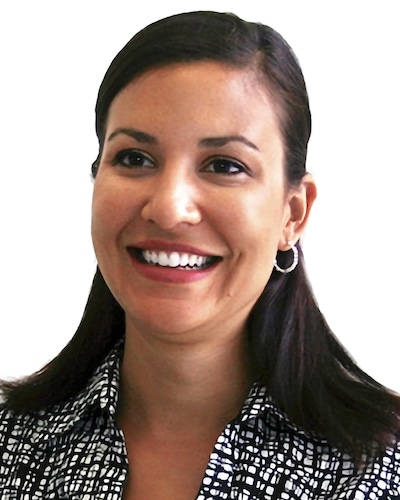
Getting To Know Our Fellow Students ⟩
October 2, 2012, by Amber
The Occupational Therapy and Science Council (OTSC) is a student organization that focuses on social interaction and helping USC OT students to achieve the work-life balance that we know is so important. The purpose of OTSC is threefold: 1) to represent student interests within our division and the university as a whole, 2) to provide opportunities to network and socialize, and 3) to create volunteer and fundraising opportunities. At the beginning of the semester we elected a new council. Our first event of the semester was a tailgate in conjunction with the Physical Therapy department. This weekend, we had a bonfire at the beach for the purpose of introducing the new students to the rest of the class. We roasted hot dogs and marshmallows over the fire, played games, and got to know each other. Leave me a comment if you have any great bonfire or campfire experiences!
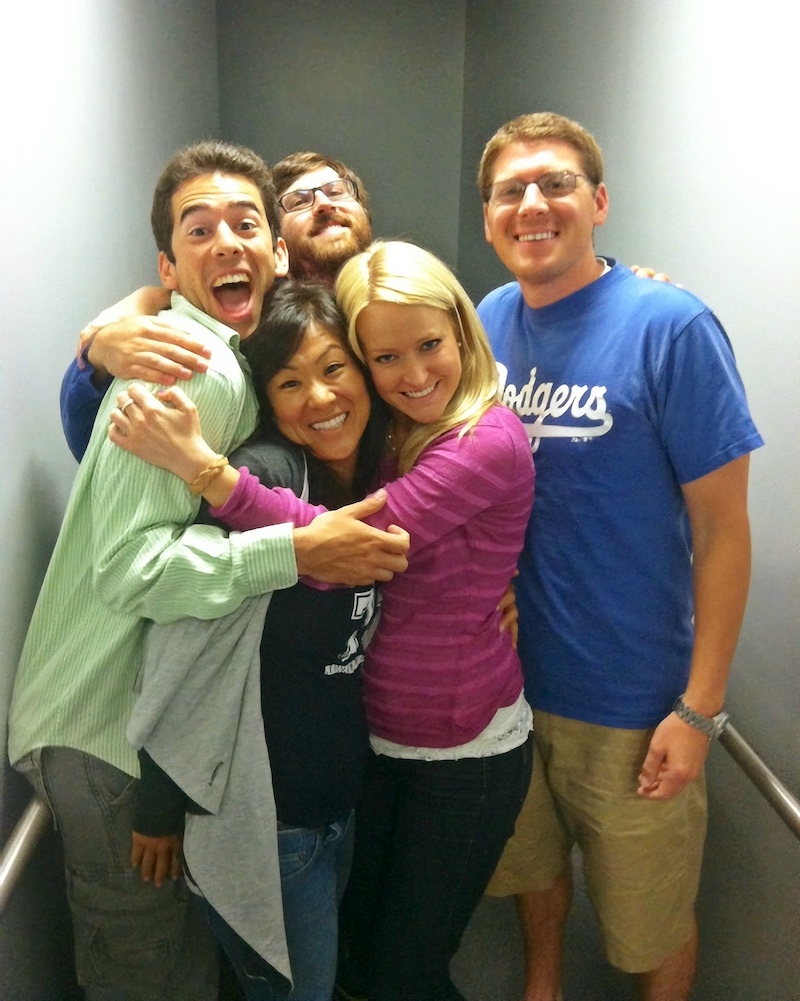
⋯





